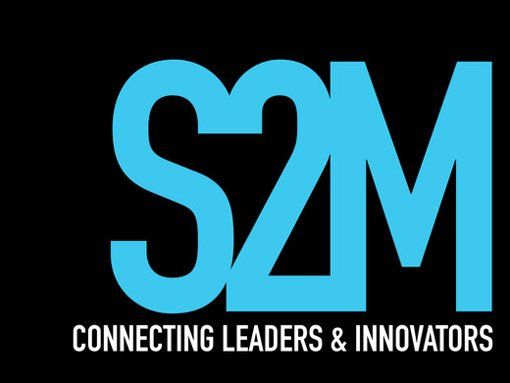How Voice Search is the latest game changer in marketing
Amazon’s Alexa released only a few weeks ago in Australia, but its impact has been felt around the world almost immediately. Thanks to the power of technology, the simple phrase “Hey Alexa, buy me X” can get an essential item delivered to your house in only a few minutes. The phrase “Ok Google, where should I go for my holiday?” can book you a flight to halfway around the world. Even something more innocent like “Hey Siri, play beats 1” has huge implications. The ease of use for smart home pods such as Alexa, Google Home, and Apple’s own HomePod has presented a seismic shift in how marketing is done. In the not-too-distant future, voice will become the way that people communicate with almost all interfaces.
Voice SEO will become the next frontier
So, right now we have an interesting problem in SEO and SEM when it comes to voice searching. The whole concept of SEO was based around the idea that appearing at the top of a page would make a user more likely to click on your link. The ranking system that was adopted in the early years was based on relevance. In time, this would grow to become a billion-dollar industry, as companies lived and died by being “on the front page of Google”. When SEM became widely adopted in the early to mid-2000s, the idea that your business has to be within the sponsored section of a search to even be considered relevant became gospel.
All that has completely gone out the window with voice search. Voice Search has the interesting dilemma of how campaigns will have to adapt to a lack of a visual ranking system. How this will happen will be decided by innovation.
My guess is that companies will look to rank for different relevance factors, such as highest rating, most likes, local etc. There was a recent article I read about the theory that ranking factors of influencers will eventually play a vital role in building up search. Only time will tell.
The paid suggestion arms race
With any new technological innovation comes an arms race, and this will be no different.
With the departure from the screen, and the migration to the speaker will re-introduce many of the marketing concepts that came about from the early days of radio. When families would sit around “the wireless” and listen to shows, they would be subtly fed suggestive advertisements. The term “soap opera” is derived from this exact concept, of company sponsorship.
Voice search will give rise to the types of counter offers that marketers feared. Imagine saying “Hey Alexa, buy me some of my favourite toiler paper” and hearing the reply “but rival toilet paper brand is having a sale at 25% off. Are you sure?”. The idea that marketers can buy that last minute counter offer will create an arms race of downstreaming, or the idea that you can capture a consumer’s buying decision at the last minute.
While this future might be far off, it’s important for Marketers to consider the possibility that they may be faced with a whole new world when it comes to voice search. The possibilities are endless though.






